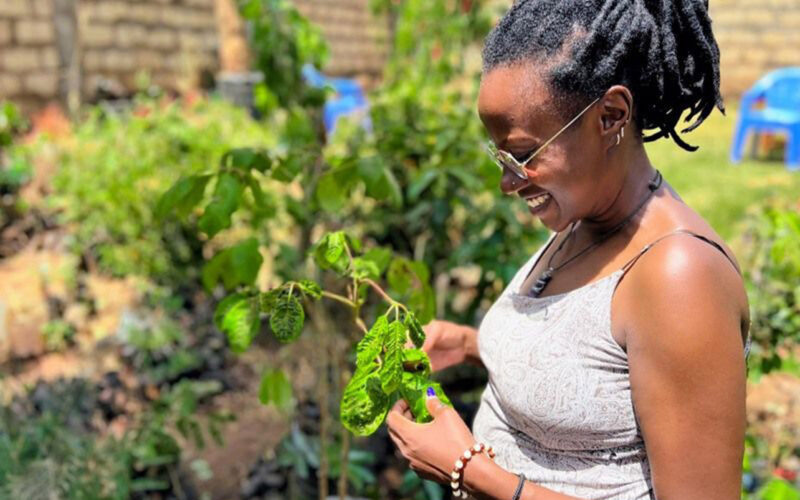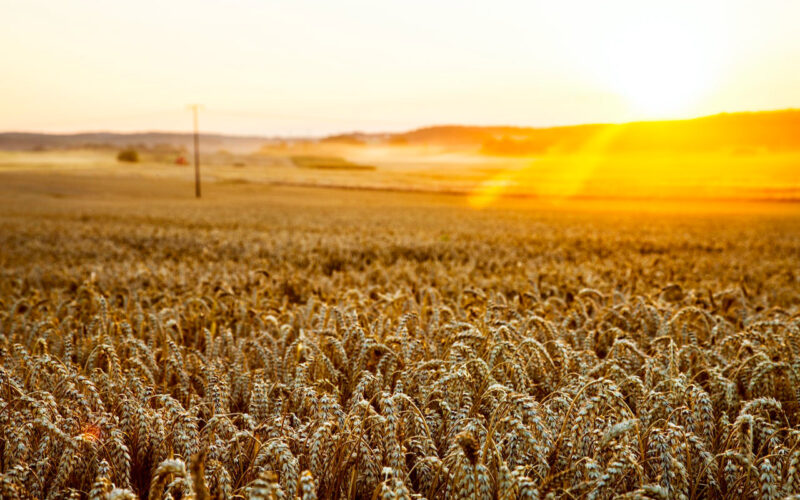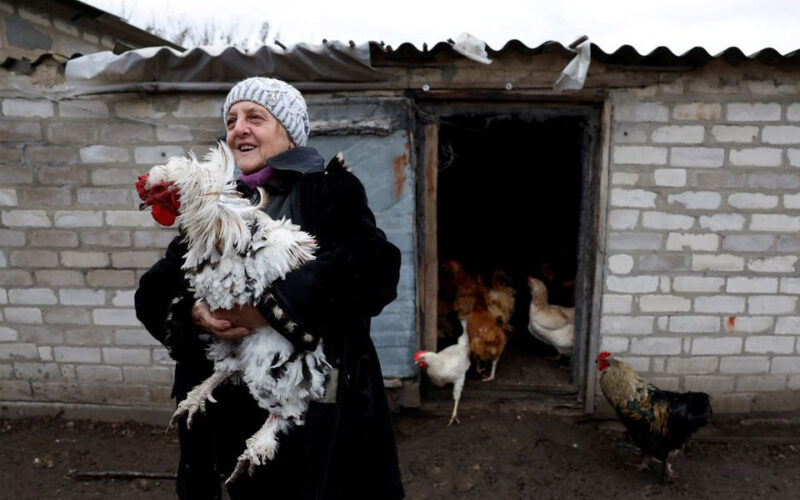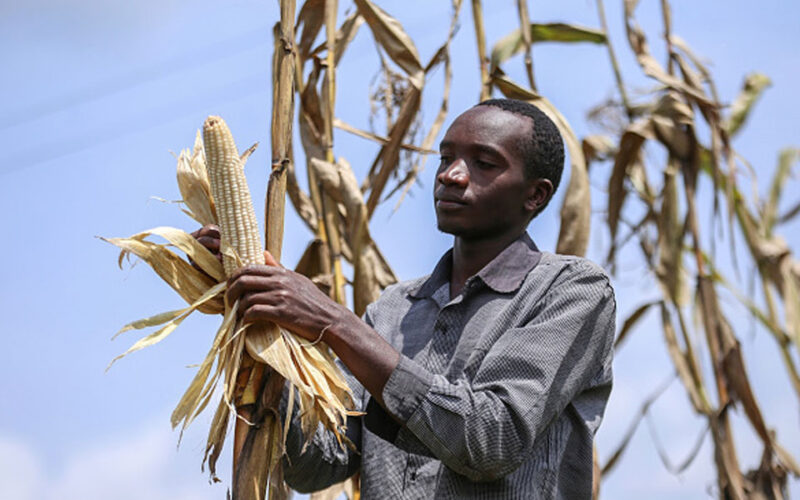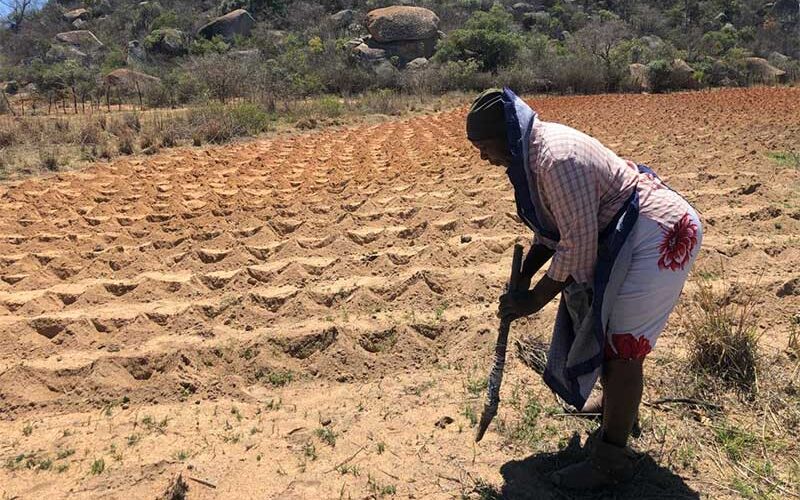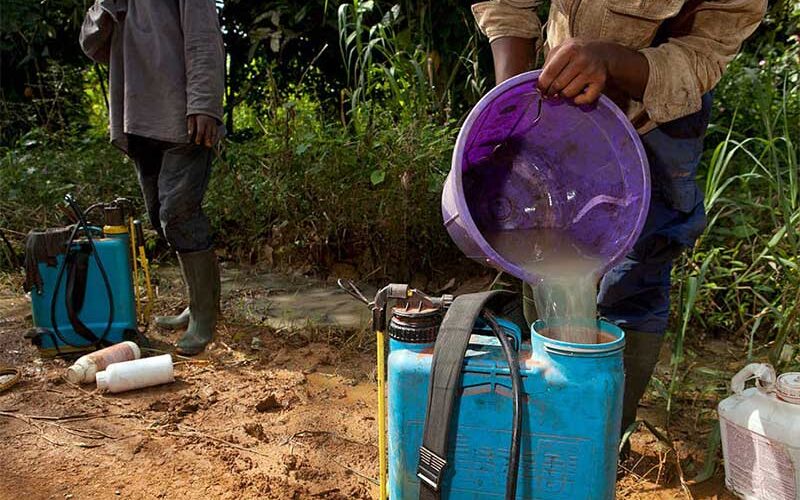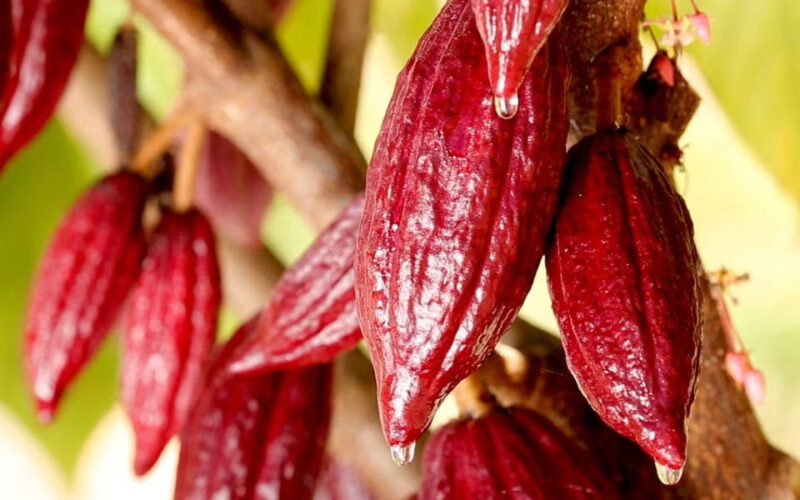
Farmers plant more cocoa outside Africa as prices rally
SCHMIDT Agricola is a large agricultural company producing soybeans, corn and cotton in Bahia, Brazil, one of the country's new-frontier agricultural areas fit for large-scale, high-tech farming. It recently added a new crop to its fields: cocoa. Production of the chocolate-making ingredient is expanding outside of the main growing area in West Africa as farmers in places such as Brazil, Ecuador and Colombia see potential profit in the crop. The rally in prices to the highest level in nearly 50 years is boosting that trend, which could alleviate the current supply tightness in the global cocoa market. It also poses…

